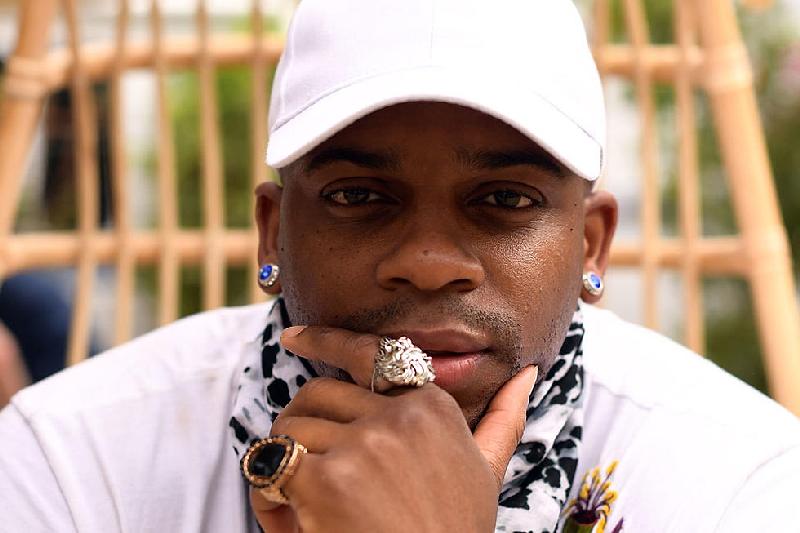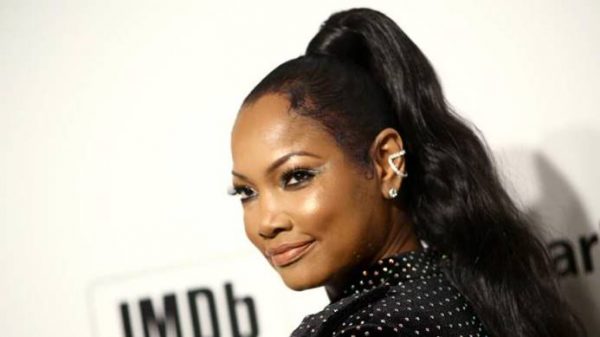
*Award winning actress Lupita Nyong’o and “The Daily Show” host, Trevor Noah met for brunch with Philip Galanes for a New York Times column titled Table for Three.
Both celebrities are from African nations, and during their conversation, they discussed a variety of topics including the oppressive governments they lived under as children, the #OscarsSoWhite controversy and the challenges of diversity in Hollywood.
Below are highlights from their chat:
Lupita Nyong’o: We also have to ask ourselves what merits Oscar prestige. Often, they’re period stories. And for people of color, they end up being about slavery or civil rights. A blockbuster won’t do it. Do I have to be in a big Elizabethan gown?”
Trevor Noah: When it comes to diversifying, I had never realized how ingrained people’s mentality can be. It’s not even conscious. When I was looking for new people to try on the show, the network sent out all their tentacles. And people sent in audition tapes. And 95 percent of them were white and male. I was like: Does nobody else want to be a part of this show? Does nobody else even want a job?”
I said, “I want more diversity.” And they said, “But this is what we’re getting.” So I said, “Then I will go out and look for it in the street.”
Lupita Nyong’o: However their reaching out was not reaching into diverse communities.
Trevor Noah: So I went to all the young comedians I knew- black, Hispanic, female, whatever – and I said, “Are you interested?” And they all said: “Are you crazy? Of course, I’m interested.” So I asked, “Why didn’t you audition?” And they said, “We didn’t know about it.’ But they told me they’d sent it out to all the agents and managers. And they all went: “Oh. That’s where you made the mistake. We can’t get agents or managers.” We can say we want diversity, but there’s this little road block that no one tells you about.
Lupita Nyong’o: The gatekeepers.
Philip Galanes: The employer may not be racist, but the institution still is.
Lupita Nyong’o: We’re at this interesting moment when prejudice is in the subconscious a lot of the time. Where prejudice occurs before you’ve even had a conscious thought. The laws have changed, but now the battle is with the mind. And that’s much harder to get to.
Read the full interview here.
We Publish News 24/7. Don’t Miss A Story. Click HERE to SUBSCRIBE to Our Newsletter Now!





